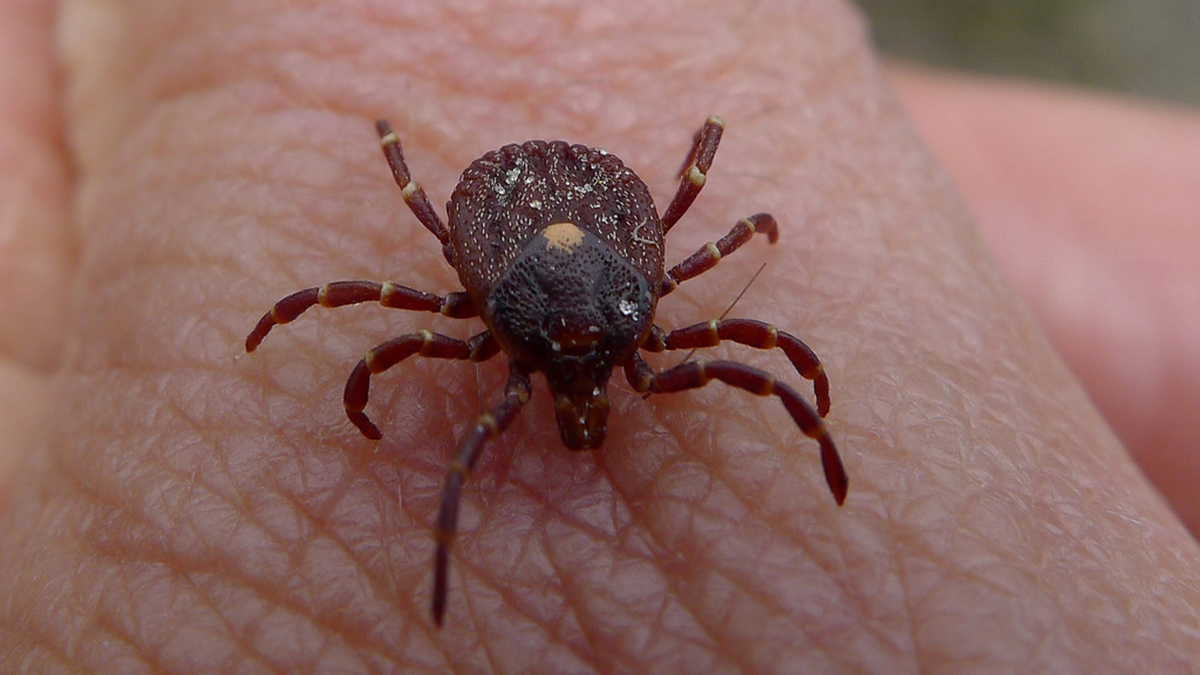Table of Contents
How can you know that you have a meat allergy?
Meat allergies are a group of allergic reactions known as IgE responses. They are relatively slow to produce symptoms, usually four to eight hours after exposure to the alpha-gal allergen. Only mammal meats contain alpha-gal; you won't get this kind of reaction after eating chicken or fish. Every bite with a lone star tick won't cause your immune system to become hyperreactive to meat; the tick itself has to have bitten another mammal before it bites you to trigger the allergic response.

Symptoms of Meat Allergy
The tick bites that cause meat allergies are usually memorable. The bite causes itching and/or swelling and persists while the body is building up an immune reaction to it. This initial reaction to the tick bite programs the immune system to react for meat.
It always takes several hours or more before it causes symptoms including any or all of the following:
- Nausea, vomiting, flatulence, and/or diarrhea.
- Rash or hives anywhere on the skin.
- Sneezing.
- Wheezing.
- Headaches.
- Asthma.
- Anaphylaxis, a life-threatening allergic reaction in which air passages are blocked by swelling of the lips, mouth, tongue, and/or lining of the throat.
Allergic reactions can also be triggered by cat dander, which contains the allergenic sugar alpha-gal, and by injection or insertion of products of animal origin, including some (but not all) vaccines. It is OK to get a vaccination with a product made by incubating a virus or a microbe in eggs, but not to get a vaccination of a product made with horse serums. In at least one case, a man who received a pig's valve to repair the mitral valve of his heart went into anaphylaxis after the procedure.
Meat allergies caused by sensitization after lone star tick bites are relatively rare in Texas, but much more common in the southeastern United States. In states such as Georgia, Florida, and the Carolinas, up to almost 50% of the population may have this problem.
What You Can Do About Meat Allergy
The obvious solution to a meat allergy is not to eat meat. Mild symptoms can be treated with Diphenhydramine (Benadryl), but anaphylactic reactions have to be treated with injections of epinephrine (adrenalin). If you have ever had an anaphylactic reaction after eating meat, you should have get a prescription Epi-Pen and keep it with you at all times, and other, responsible members of your household should know how to give you an injection if you are unable to give it to yourself.
See Also: Severe Allergic Reactions to Meat Become Even More Common
If your household includes a cat, it may be essential to vacuum once or twice a week, cleaning upholstery as well as carpets and floors, and it may also be helpful to buy a HEPA air filter to remove cat dander from the air. Lone star tick-induced meat allergies cause milder symptoms with exposure to cat dander because the amounts of dander that get inside the body are relatively small, but chronic, hard to explain symptoms in people who give up meat may be caused by the dander.
Some doctors are finding that their patients improve over time. Eating large amounts of meat, however, will neve be a good idea, and prophylactic use of antihistamines, such as Benadryl, to prevent symptoms may always be a good idea once the condition has set in.
- Vanderbilt University Medical Center. "Red meat allergies likely result of lone star tick." ScienceDaily. ScienceDaily. 20 February 2014. <www.sciencedaily.com/releases/2014/02/140220102727.htm>
- Photo courtesy of John Tann by Flickr: www.flickr.com/photos/31031835@N08/6368338667


Your thoughts on this